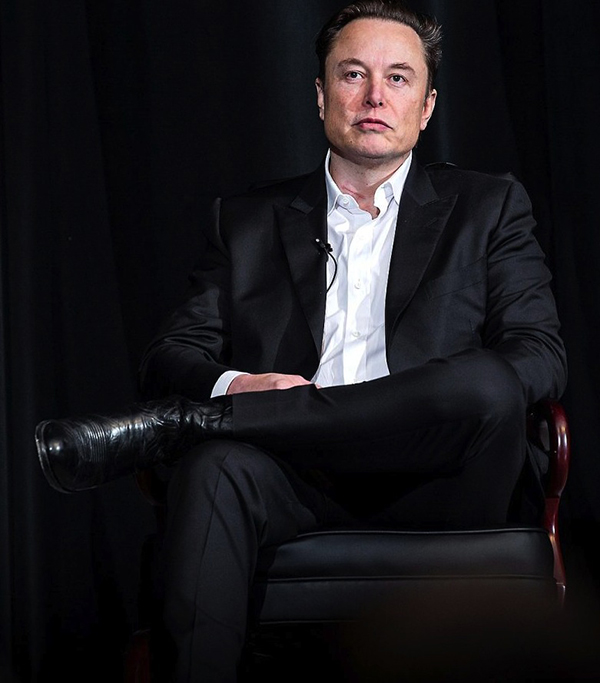Trump and the GOP’s never-ending assault on Medicaid: The Hutchinson Report

President Donald Trump and congressional Republicans’ assault on Medicaid is nothing new.
During Trump’s first term he reneged on his campaign pledge that he wouldn’t touch Medicaid. He pivoted and said that it was fair game for a quick assault, namely, the part of the program that some governors used to expand coverage in their states. That was made possible under a provision of the Affordable Care Act.
This was incidental to the real reason Trump broke his promise and why the Republican Party’s manic obsession with savaging Medicaid then and now. Trump’s so-called big beautiful budget bill trims an estimated $1 trillion from Medicaid funding over the next decade.
The Republican’s stock argument that reining in Medicaid is about cutting costs, federal intrusion in health care and restoring health care to the states is hogwash. It’s the program itself, who it benefits and what it means politically to the GOP.
The root of the GOP attack and loathing of Medicaid starts with who created it and what it was created to do. It was a Lyndon Johnson era, Democratic Great Society, War on Poverty program, that was unabashedly aimed at covering welfare recipients and the poorest of the poor.
Though the outrageous, and very serviceable myth that is still happily fanned by conservatives, and many in the media, that Medicaid is a gigantic taxpayer health care giveaway to the Black poor, the majority of Medicaid recipients have always been whites. In time, Medicaid was tweaked, reconfigured and expanded to provide health care for millions more who had absolutely no access to affordable health care coverage. The greatest beneficiaries, though, remained the poor, and especially their children. Medicaid covers the cost of prenatal care and hospitalization.
Medicaid has been wildly successful in controlling health care costs, providing the poor and working families with coverage unobtainable in the private insurance market, and in providing a brake on runaway medical care cost coverage in the states. Conservatives have seen deep political peril in this.
They saw even deeper peril when Obamacare expanded coverage even more and bumped the numbers of those receiving health care coverage under the program to nearly 20 million persons.
When conservative governors publicly took the expanded coverage deal with Medicaid, and publicly said it was a boon to the state, the die was cast; Medicaid had to be assailed. The political horror to Republicans is that as long as Medicaid is seen as a Democratic measure to aid the needy, the possibility is real that many of those millions of voters in crucial swing states will began to connect the dots.
The dots being that Medicaid is a health care program that helps families in need, the Democrats support it and fight for it, while GOP conservatives bitterly oppose it. Therefore, come election time, those families might, just might, cast a vote for the friends, not the enemies, of Medicaid.
This is an especially fragile political proposition for Republicans given that Trump won by only the barest margin in a handful of states, and Republican governors and legislatures have only tenuous control in several states. Medicaid, and the lies and stereotypes told about it, appear to be a tailor-made issue to rally conservatives, and hopefully keep the GOP’s political ducks in contested states in line.
That’s only the start, since Medicaid, because of those lies and stereotypes, is regarded as the easiest of pickings to go after. If successful, it opens the gates wide to the next two perennial right-wing targets, Social Security and Medicare.
As with Medicaid, Trump claimed during the campaign that he wouldn’t touch Social Security and Medicare, but that almost certainly will go the way of his Medicaid hands-off promise. The two programs are, and have always been seen, as Democratic inspired and backed programs, and that has made them conservative whipping boys with the usual storehouse of lies about run-away costs, waste, and heavy handed federal intrusion.
Medicaid then is the proving ground to convince the millions that benefit from these foundational federal programs, they aren’t really in their best interests. The Republican Party will try to pound home that there are better alternatives, and Republicans, not the Democrats, is the party that can provide those alternatives.
Trump got that message and will take the point in trying to deliver it to those voters who have grave doubts about hacking away programs that have been lifesavers to them. For tens of millions, Medicaid has been at the top of that list of those life-saving programs.
The massive slash of Medicaid funding ensures that that will no longer be the case for millions. Trump and the Republican Party have shown they could care less.
Earl Ofari Hutchinson is an author and political analyst. He is the host of the weekly the Hutchinson Report Facebook Livestream.





